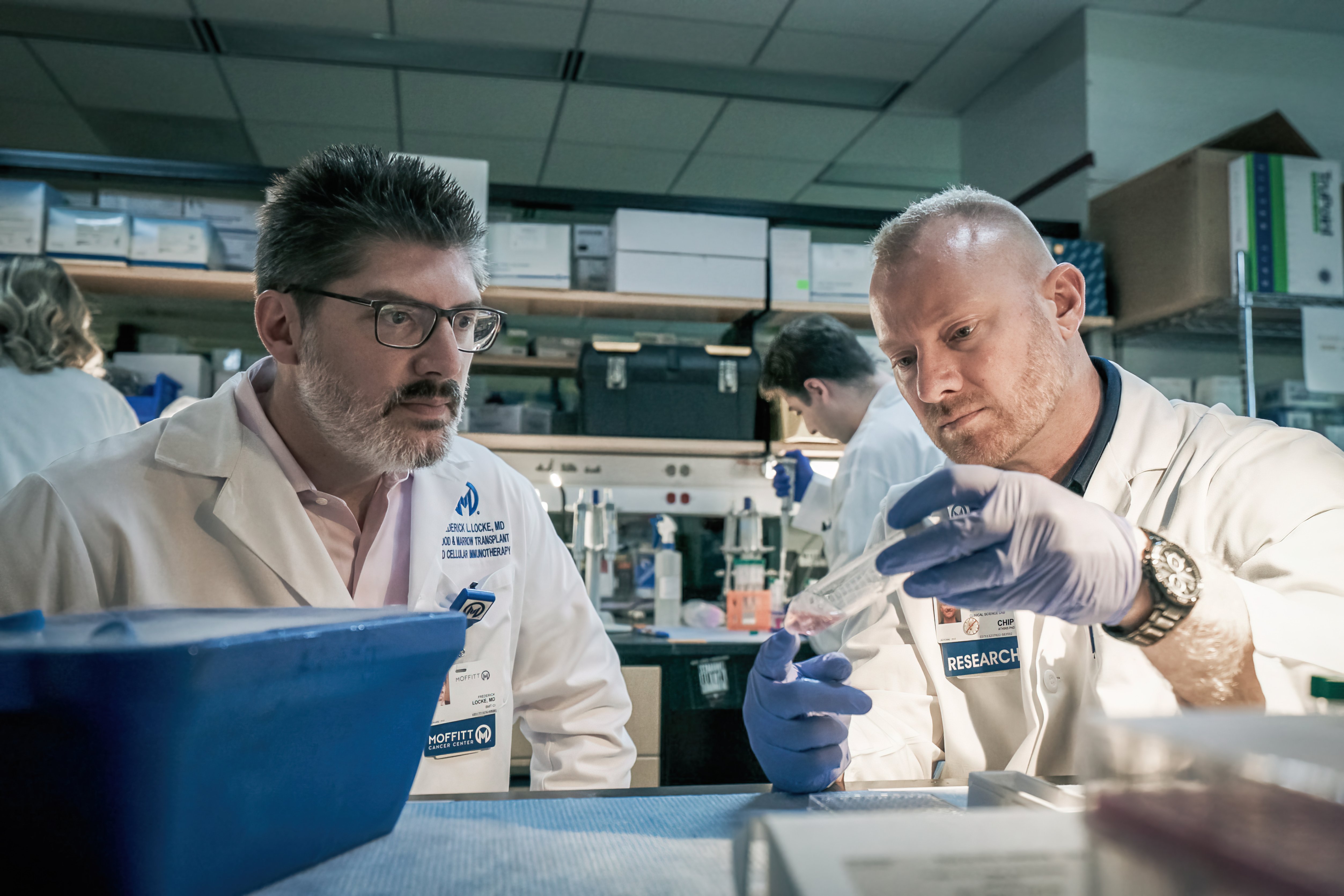
Change Lives with a Career in Cancer Research
Cancer is one of the most significant and damaging burdens of our lifetime. Because it is so varied, complex and unpredictable, the field of oncology research presents near-endless possibilities, unique challenges and gratifying rewards for those who pursue this fulfilling and impactful career path.
A cancer researcher is a medical scientist who focuses on exploring, discovering and developing new ways to prevent, diagnose, treat and ultimately cure cancer. Of course, modern medical science is a team game, and cancer research involves much more than working with test tubes, beakers and chemicals. Because many significant research breakthroughs directly result from a collaborative effort, cancer researchers must effectively communicate and continually coordinate with their fellow experts.
What does a cancer researcher do?
The multi-faceted duties of a cancer researcher—which often vary from day to day—can include:
- Reviewing existing scientific literature to gain a thorough understanding of the current state of knowledge on a specific research topic
- Formulating hypotheses based on identified knowledge gaps and research questions
- Developing rigorous experimental protocols to test hypotheses
- Collecting and analyzing data using advanced techniques and technologies to help ensure accuracy and reliability
- Conducting lab experiments to investigate the molecular, genetic or cellular aspects of cancer development, progression or response to treatment
- Utilizing statistical methods to analyze research data and draw meaningful conclusions
- Interpreting findings in the context of existing knowledge and contributing to the development of new hypotheses
- Integrating research findings and insights into clinical applications
- Writing research papers detailing methodologies, results and conclusions for publication in scientific journals
- Presenting research findings at conferences, seminars and symposiums to share knowledge with the scientific community
- Writing grant proposals to secure financial support for research projects from government agencies, private foundations and other sources
- Designing and conducting clinical trials to evaluate the effectiveness of promising new cancer treatments as compared to the current standard of care
- Staying abreast of the latest advancements in cancer research by reviewing literature and attending conferences.
Is a career in cancer research right for you?
You may be well-suited for a career in cancer research if you are:
- Passionate - You want to work with an important purpose and make a meaningful difference in the lives of many people.
- Analytical - You are a critical thinker who likes to uncover the details of how things work, or “get under the skin” of a problem.
- Curious - You are naturally inquisitive and inclined to investigate answers to pressing questions, even those that no one has thought to ask.
- Persistent - You feel compelled to keep trying to solve a mystery, even when it seems impossible.
- Creative - You are an “out of the box” thinker.
- Organized - You have a knack for planning and keeping projects on track.
- Technical - You enjoy learning and using new technologies to solve complex problems.
Cancer research opportunities at Moffitt Cancer Center
As a National Cancer Institute-designated Comprehensive Cancer Center, Moffitt is a nationally recognized leader in unraveling the complexities of cancer through team science. We are also lauded for quickly transforming the insights we gain into clinical applications that benefit our patients. Having earned worldwide respect for the impact of their tireless work, our cancer researchers are widely regarded as some of the world's most influential scientific minds. Performing and publishing work at the highest level, our medical scientists are recognized by their peers around the globe for the vital role they play in advancing the field of oncology.
Cancer research careers at Moffitt emphasize the translation of basic and population science into improved preventive, diagnostic and therapeutic options. Our current research initiatives focus on five programs:
- Cancer biology and evolution
- Immunology
- Chemical biology and molecular medicine;
- Cancer epidemiology
- Health outcomes and behavior
Within each program, there are numerous areas of opportunity, including laboratory research, bioinformatics and biostatistics, training and support, shared resources, administration and clinical research support.
If you are ready to become part of the cure, apply now and join Moffitt’s diverse and inclusive team dedicated to cancer research.
